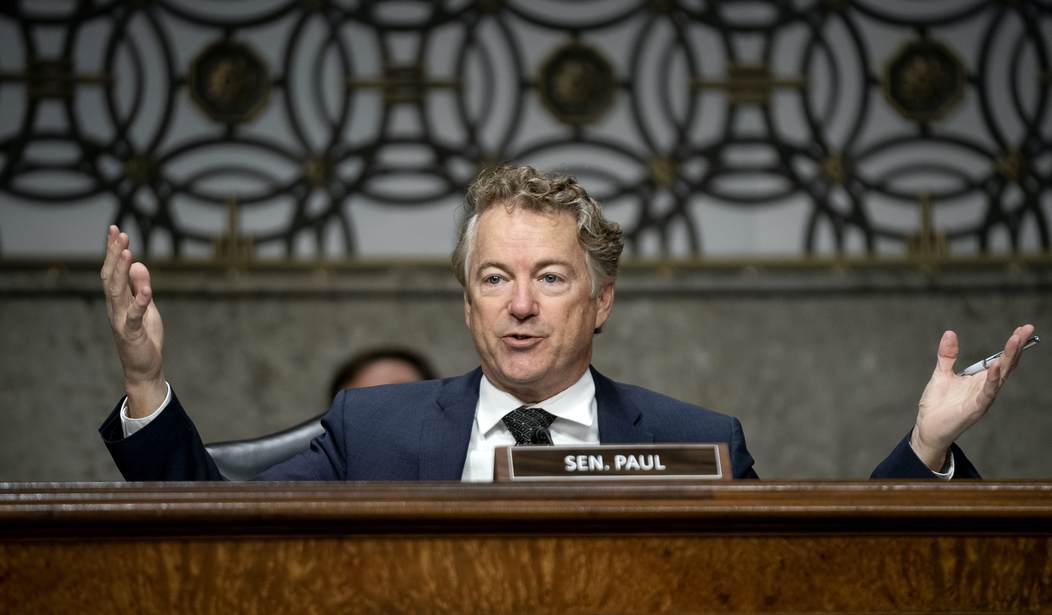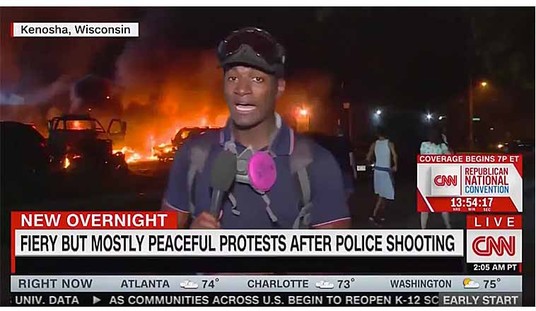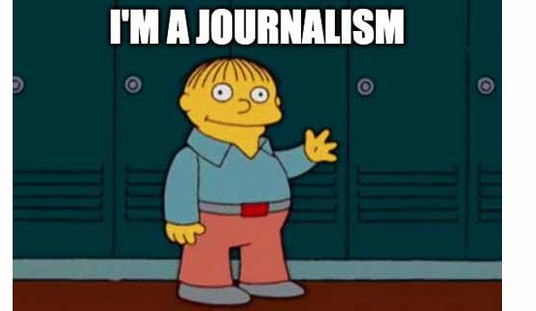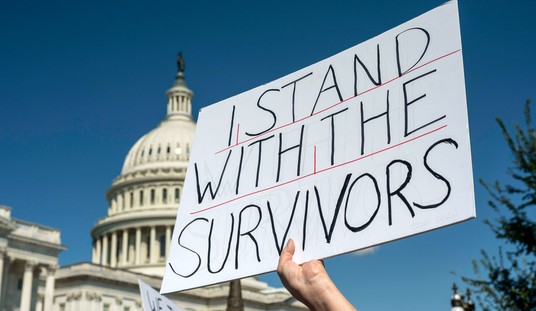"During the COVID-19 pandemic, the CDC operated with no oversight while bureaucrats overstepped authority to expand their powers and the administrative state," Sen. Rand Paul (R-Kentucky) tweets. "The American people have lost trust in public health and part of our efforts toward rebuilding that trust is to prevent future overreach like we saw far too often during the pandemic."
During the COVID-19 pandemic, the CDC operated with no oversight while bureaucrats overstepped authority to expand their powers and the administrative state. The American people have lost trust in public health and part of our efforts toward rebuilding that trust is to prevent…
— Senator Rand Paul (@SenRandPaul) March 16, 2025
No oversight leads to an overreaching administrative state, as the concept of "public health" tumbles.
Oversight is one part of government providing superintending authority to another part of government. Administrative agencies under the auspices of the executive are subject to congressional oversight. They answer to Congress, which passes laws by which such administrative agencies should operate. This system is disturbed when Congress fails to provide oversight, and the possibility can arise that agencies may take advantage (of a lack of oversight) by operating outside of legally defined parameters in enforcing the laws. One would like to think that agencies would follow the law with or without direct congressional oversight, but it is sometimes necessary for Congress to hold hearings and make potential consequences for overstepping authority clear to agencies.
Perhaps the concept of "public health" should in itself be reassessed. In recent years, the United States has put many dollars and much energy into public health, something that remains one of the most, if not the most, controversial and potentially hazardous government undertakings in recent history. Bills are passed. Studies are done. A medical expert speaks what seems to be the inarguable word on a particular health issue before another medical expert offers a differing opinion. Private insurance, too expensive as it has been, is regulated and then castigated and then regulated some more. Population and birth and aging statistics are used to fit agendas. Government taking over the healthcare system is rightfully decried as a threat to freedom, while the fact that there are individuals and families lacking access to quality healthcare due to inadequate resources is rightfully objected to as unacceptable. "Public health" is a difficult topic because "health" is a difficult topic and because government has not handled it well.























Join the conversation as a VIP Member